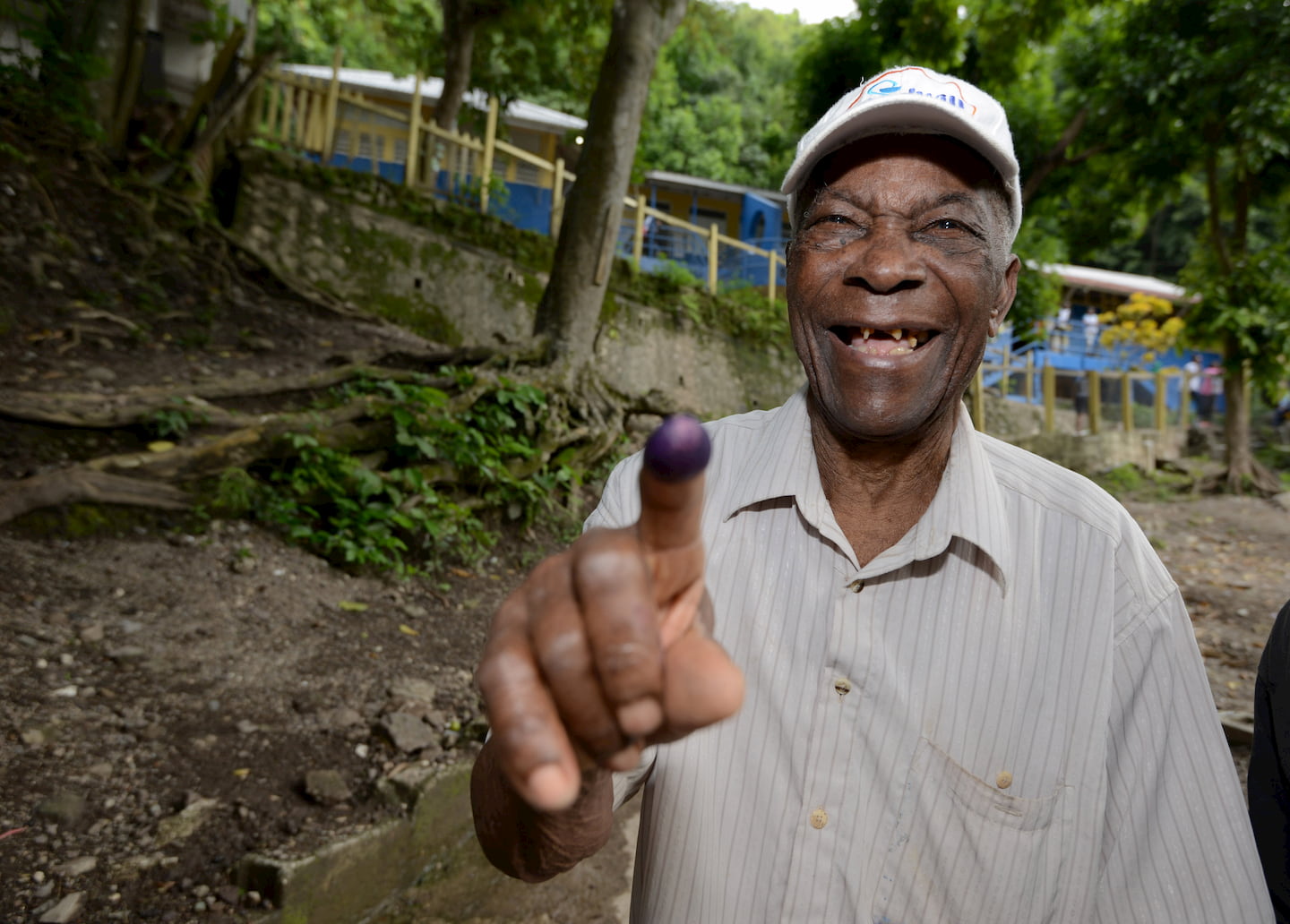Capitalism and democracy live in tension. Developing countries like Jamaica will continue to be faced with which to emphasise, given the imposed ideals of mature democracies, and the realities of trying to follow good sense economic programmes.
Five thousand years before Christ, the Greek city-state of Athens adopted an alternative type of governance referred to as a democracy, ‘rule of the people’ in contrast to aristocracy, ‘rule of the elite’. This change has profoundly affected governance structures globally ever since.
Jamaica adopted full adult suffrage on November 20, 1944, allowing all of majority age the right to vote regardless of race, sex or social class. We were among the first few countries in the world to hold an election under universal adult suffrage. In the midst of being chuffed about our sports and artistic world leaders, let us not forget that. Our democratic roots run deep, but the institution worldwide is under siege, not by its traditional autocratic enemies, but by its fraternal twin, capitalism.
There are two major cases of this effect, those in the developed world and those in the developing world.
The Developed World Dilemma
The leading democracies in the world have all been capitalist, but the relationship between the two systems has always been uneasy. For example, the process by which the US robber barons of the late 19th century accumulated their wealth was exploitative, not democratic. Yet through the intervention of democratic processes, labour laws were passed, labour unions were formed, and social security nets were established, all of which served to restrain capitalism.
The tension between the two systems has put many developed countries in obvious public conflict with their professed ideals. Juan Jacobo Árbenz Guzmán, the democratically elected president of Guatemala from 1951-54, took on agrarian reform, which put him at loggerheads with the United Fruit Company – the tip of the US’s capitalist spear in Latin America. The capitalists were not impressed and organised for his overthrow aided by various US government agencies. His democratic reforms were not consistent with the demands of the capitalists.
Michael Manley, democratically elected, had to be dealt with. If only he had spoken of democratic capitalism instead of democratic socialism, or better yet, if he had used capitalistic democracy, got the order right, I would not have had to study so much by candlelight and eat so much ‘tin mackerel’ that was ‘married’ to something no one in the household had any need of.
There is also incongruence beyond foreign policy that attacks the very foundation of democracy in these countries. Capitalism, as Marx complained, leads to inequalities in income. However, not even Marx could have foreseen the extent to which the one per cent would channel their economic power into political power through various funding mechanisms aimed at influencing election outcomes. At the same time, political participation by the lower third, in economic terms, of persons in developed countries has been falling. Capitalism here leads to de-democratisation. We are in danger of being back to an aristocracy or to coin a phrase monacracy ‘rule of the monied’.
The Developing World Dilemma
I note with sadness the passing of Dr Ken Baugh, a great Jamaican. I recall sitting on his verandah in Montego Bay packing bags of rice to be distributed to voters in the 1980 election. New to politics, Uncle Ken was following a tested playbook. The motive was primarily transactional: Here is a bag of rice, vote for me on election day. Money will ‘jingle’ in your pockets.
More recently, in the clash of the Peters, it was a little quaint to hear Dr Phillips complaining that members of the Rise United campaign were using cash to influence the internal election. Every single Jamaican must have been wondering why he was complaining about something as old and common in Jamaican politics as the franchise itself. In Jamaica, we cherish our democracy and voting rights and are world-class at it. We may take a bag of rice or a ‘couple grand’, but make no mistake, we will vote our minds and traditions once inside the voting booth. Big money up to now, in my view, plays an enabling but not a corrupting role in Jamaican politics.
The challenge the developing world faces is best exemplified by the case of China and India. In 1985, India and China had the same GDP per capita of US$293. By 2017, China’s GDP per capita was US$8,827, and that of India was US$1,942. Both follow a form of capitalism, but India is a liberal democracy and China not so much. Democratic practices cause friction in decision processes and encourage ill-advised populist policies that retard the functioning of the economy.
Would we in Jamaica give up some of our democratic rights to live under Lee Kuan Yew for 30 years and have a GDP per capita of more than US$60,000 today? My sense is that we want the money but will not be muzzled. That, to us, is death. We don’t mind suffering; it’s the keeping our mouths shut thing that doesn’t work so well with us.
We need to rethink dogma on the relationship between capitalism and democracy. Instead of ending with a single ideal, I suspect that each country will have to find its comfort level and settle on its trade-offs.
Nelson ‘Chris’ Stokes is a development economist, entrepreneur, and transformational leadership speaker and coach. Send feedback to viewpoints@gleanerjm.com and chris@nchristianstokes.com.






